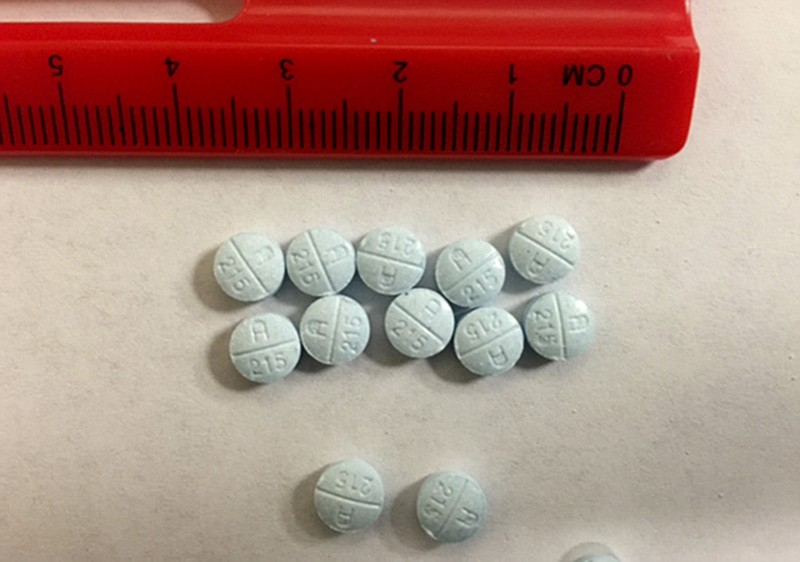Chattanooga hospitals have treated a significant increase in non-fatal drug overdoses this week, according to an alert from the Hamilton County Health Department.
Health Department officials said the overdoses are due to suspected fentanyl, opioids or other illicit drugs being used in the area, calling the wave of overdoses a public health threat that should be taken seriously.
Fentanyl is a synthetic opioid that can be over 50 times more powerful than an equal amount of heroin. The drug is increasingly found in a other drugs purchased illegally, including those made to look like common prescription drugs such as hydrocodone or Xanax.
"These recent overdoses are only the ones that have been treated in our hospital system. This number may not be a true reflection of the severity of this increase due to the number of people who may not seek medical attention," the news release states. "It is important to note that when you are buying drugs illegally, you do not know what is in them as they could be laced with an unknown deadly substance."
The problem is regionwide. On Monday, three bodies were found at a home in the Kensington community of Walker County, Georgia, in a suspected fentanyl overdose.
Dr. DeAnn Champion, medical director of emergency departments at CHI Memorial, said by phone Thursday that she's seeing more overdoses in people who take what they think is one drug -- such as cocaine -- that unknowingly contains fentanyl.
"Drugs have always been bad, but they've never been this dangerous," she said. "Everything has the potential to have something else in it.
Champion, who has teenage children, said she reminds them that the rampant increase in fentanyl-laced drugs means the first time you try any substance obtained outside a regulated pharmaceutical setting could be your last.
"The terrifying part is kids don't know. I tell my kids, 'Not that marijuana was ever good, but when I was young, marijuana was just marijuana,'" she said. "It wasn't ever good for you, but it wasn't going to kill you. And that's the difference today."
Dr. Stephen Miller, Hamilton County health officer, said in the release that the department is working with community partners, neighboring counties, law enforcement and hospitals to address the issue.
"We will work together to monitor this situation and provide updates as they are warranted," Miller said. "Drug users, family members and friends of drug users should keep a supply of naloxone -- it may help save the life of you or someone you know."
(READ MORE: Opioid settlement funds soon up for grabs in Tennessee. Here's what you need to know.)
Naloxone is an opioid overdose reversal medication that can help resuscitate people experiencing an overdose.
Champion said that the drugs these days seem to stay in people's systems longer, meaning more naloxone is needed to counteract the opioid effects.
"So people are admitted to ICU ... because our initial treatment -- while it's right -- doesn't last long enough," she said.
Health Department officials said early recognition of overdose symptoms and decisive action when encountering a suspected overdose are critical to preventing death.
Signs of an overdose include small, constricted "pinpoint" pupils; falling asleep or losing consciousness; someone who is slow, weak or not breathing; choking or gurgling sounds; a limp body; cold and/or clammy skin; and discolored skin, especially on lips and nails.
(READ MORE: Chattanooga overdoses steady in 2022 after pandemic spike)
Health Department officials said people who suspect they're witnessing an overdose should call 911 immediately.
"Tennessee has enacted the Good Samaritan Law that protects individuals from the potential legal repercussions of helping others in need, such as reporting an overdose," the news release said.
In addition to administering naloxone if available, other steps include using proper protective equipment before approaching a potential overdose, performing CPR, trying to keep the person awake and breathing and turning the person to their side.
Contact Elizabeth Fite at efite@timesfreepress.com or 423-757-6673.
